Pump Casting Definition
Pump casting is the process of producing pump parts by utilizing sand casting, investment casting, or die casting, among other casting techniques. These are vital components of pumps that are utilized for fluid transfer in a variety of sectors.
Pump Casting Processes
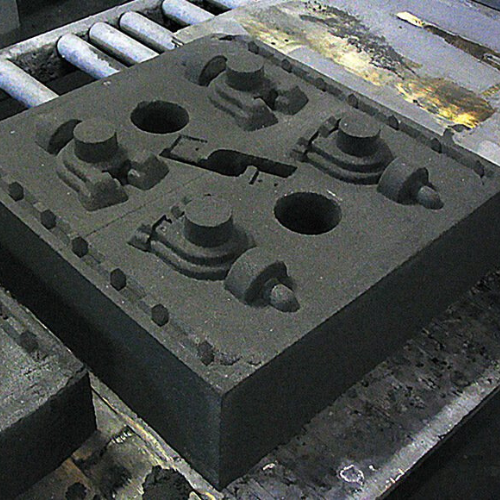
One of the earliest casting techniques is this one. It entails forming a mold out of compressed sand shaped like the intended pump component.
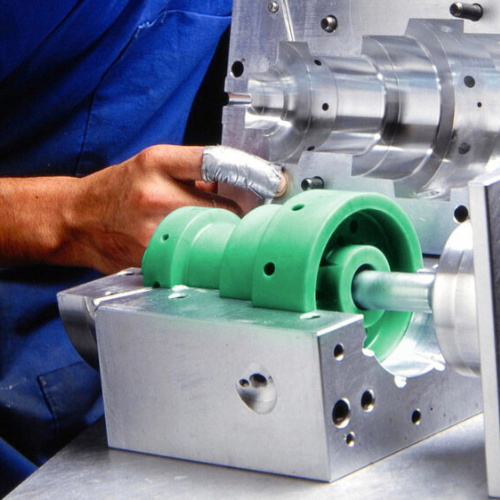
Making a wax pattern of the pump component is part of this procedure. To create a mold, a refractory substance is subsequently applied to the wax design.
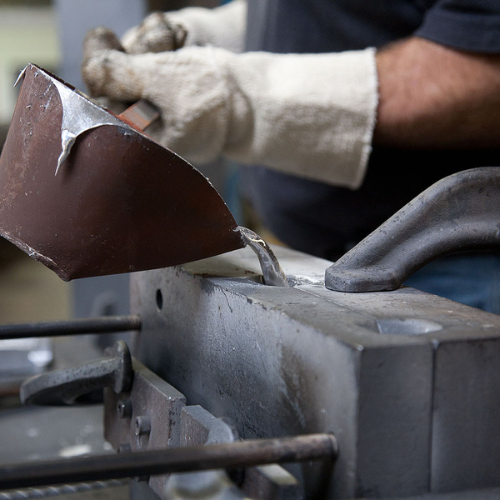
In this procedure, molten metal is poured under intense pressure into a steel mold, or die. To hasten solidification, the mold is typically chilled with water.
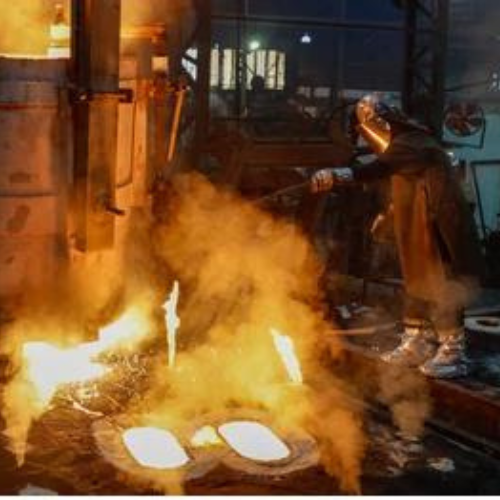
For cylindrical parts like pump casings, this technique is employed. After being poured into a rotating mold, molten metal is evenly distributed throughout the mold cavity by centrifugal force.
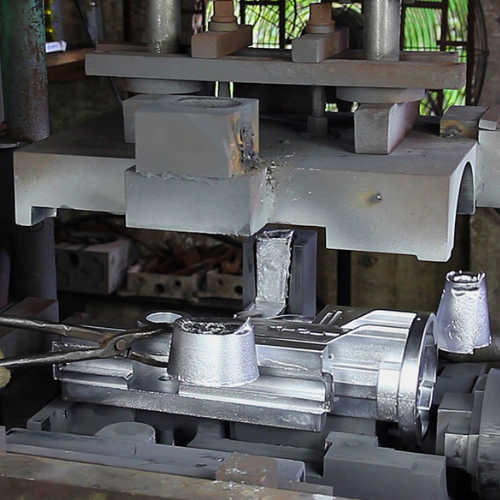
Permanent mold casting or gravity die casting, uses reusable metal molds instead of disposable ones. Gravity fills the mold after molten metal has been poured into the hollow.
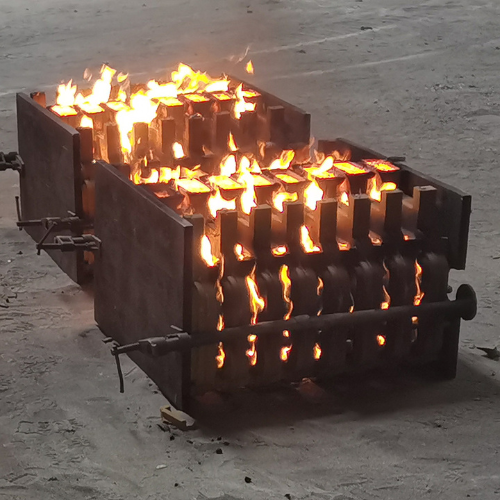
Resin-coated sand is used in this procedure to form a mold that resembles a shell around a pattern. To create a whole mold cavity, the mold halves are connected.
Commonly Used Materials in Pump Casting
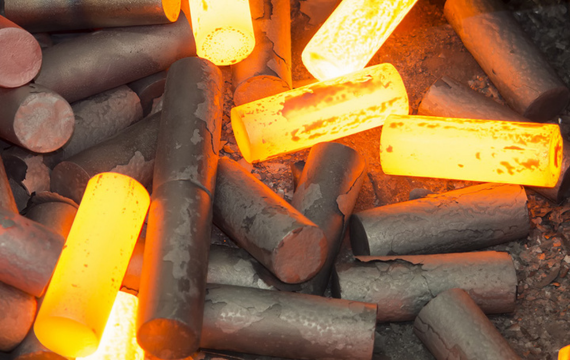
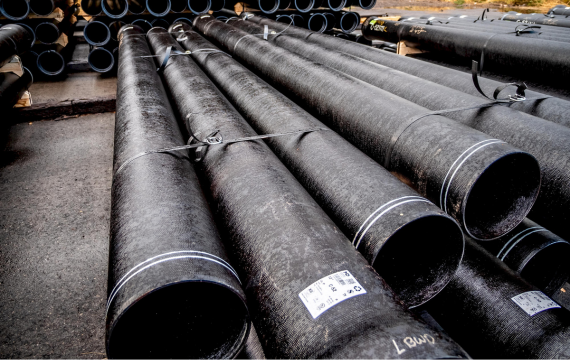
Cast Iron
- Pump casings are often made of cast iron because of their exceptional strength and resistance to abrasion and wear.
- In comparison to other materials, it is very reasonably priced.
Stainless Steel
- When corrosion resistance is the main issue, stainless steel is used for pump casings.
- It can operate in tough conditions or pump corrosive fluids because of its exceptional corrosion resistance.
Bronze
- When durability and resistance to corrosion are crucial, bronze is frequently utilized for pump casings in maritime applications.
- It is appropriate for handling abrasive fluids and has good resistance to corrosion from saltwater.
Aluminum
- Aluminum can be used in some pump applications where weight is an issue or corrosion resistance is necessary since it is lightweight and has strong corrosion resistance.
Ductile Iron
- Cast iron lacks ductility and hardness, but ductile iron has superior strength.
- When shock and vibration resistance are crucial, it’s frequently utilized in applications.
Cast Steel
- When compared to cast iron, cast steel is employed because of its superior strength and suitability for applications requiring higher pressure or temperature.
Common Applications of Pump Casting
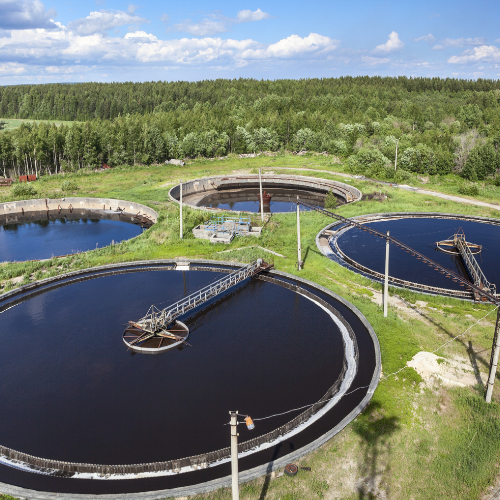
Pump castings are used to build pumps that are utilized to move water through distribution networks, sewage treatment facilities, and filtration systems.

Pump castings are used in pumps used in pipeline transfer stations, refineries, and drilling rigs to transport natural gas, refined products, and crude oil through several processing phases.
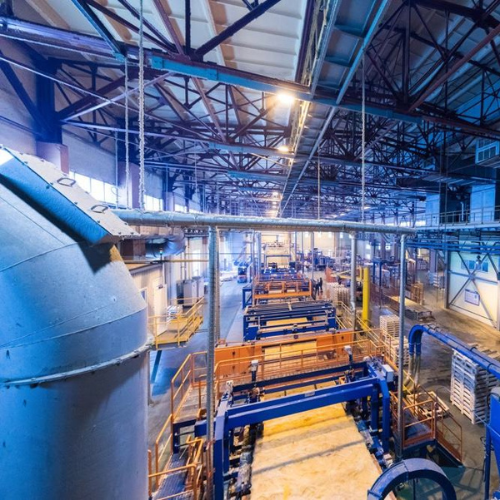
Pumps used in chemical processing facilities that handle corrosive and abrasive materials are made of pump castings.
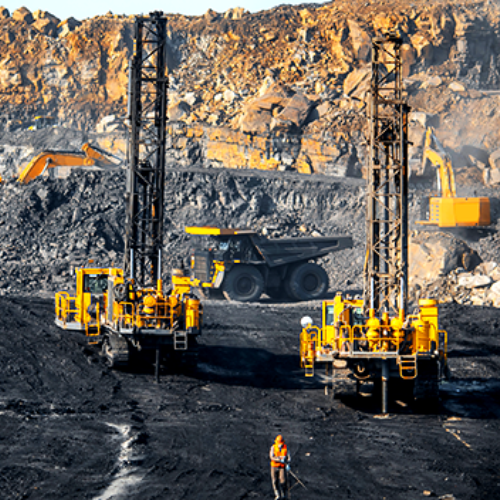
Dewatering mines, processing minerals, and long-distance slurry transportation all require the use of pump castings.

Power-generating facilities, such as those using coal, natural gas, nuclear, or renewable energy, depend heavily on pump castings.
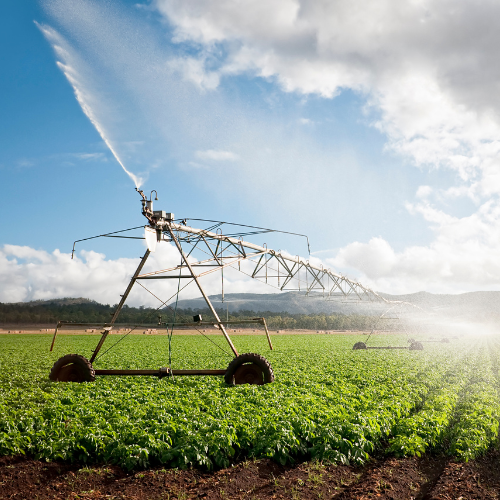
Water is extracted from wells, rivers, or reservoirs and distributed to irrigation networks by centrifugal pumps, submersible pumps, and other types of pumps that use pump castings.
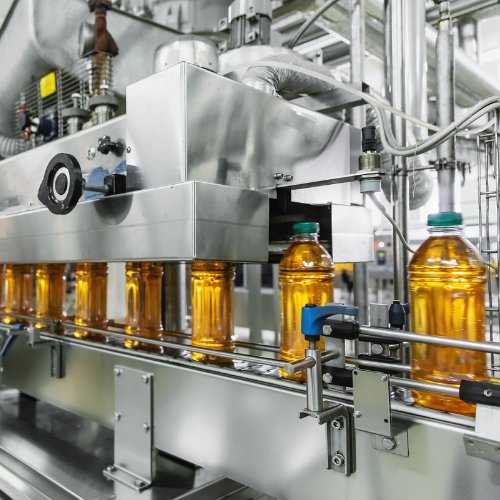
Processing, transferring, and packaging liquids and semi-liquids, such as dairy products, drinks, sauces, and oils, are applications for pump castings in the food and beverage sector.
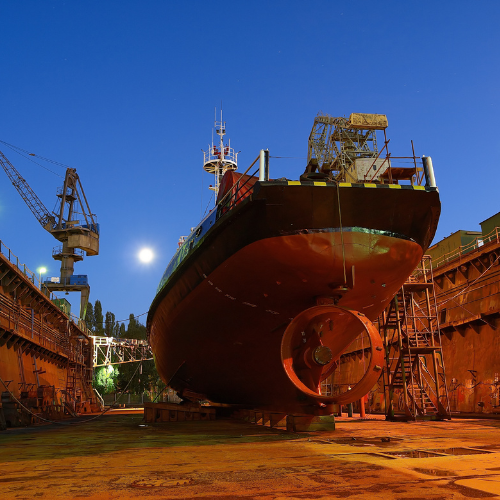
In maritime applications, pump castings are used for cooling water circulation pumps, ballast pumps, bilge pumps, and other systems critical to the functioning of vessels and offshore platforms.
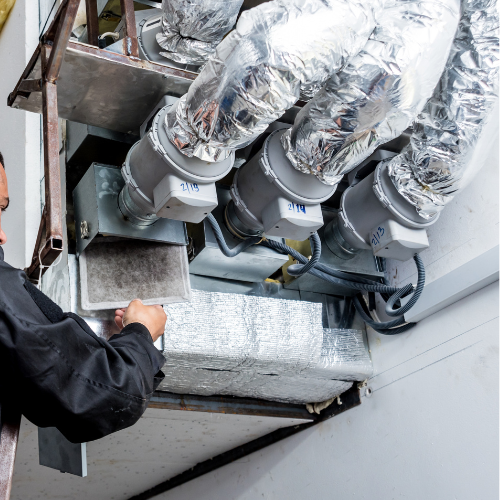
When it comes to circulating coolant or refrigerant fluids in HVAC systems, pump castings are utilized.
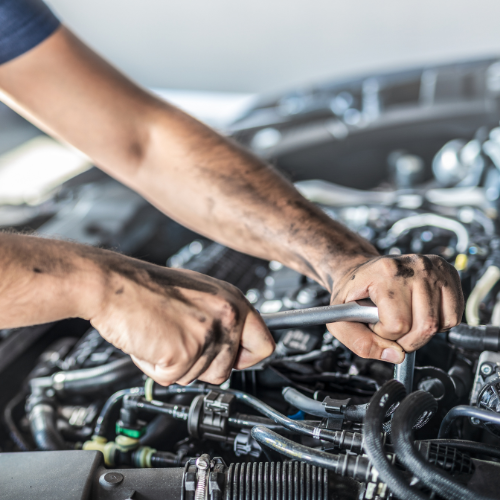
Pump castings are utilized in automotive applications for a variety of applications, such as hydraulic, gasoline, oil, and water pumps.
Pump Casting Offers Several Advantages
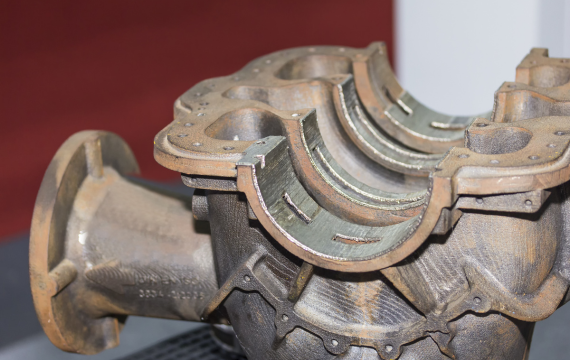
Design Flexibility
Pump casting makes it possible to create elaborate and sophisticated designs, giving producers the ability to tailor pumps to fulfill certain demands and performance standards.
Material Selection
A vast variety of materials appropriate for various operating situations can be obtained using casting methods. This makes it possible to choose materials with qualities like strength, durability, and resistance to corrosion.
Cost-Effectiveness
Compared to other manufacturing techniques, casting procedures can be more economical for large-scale production since they result in less material waste and labor expenses.
Strength and Durability
Cast pumps are ideal for demanding applications because they are often strong and resilient, able to handle high pressures, temperatures, and corrosive conditions.
Consistency and Reproducibility
Pumps with uniform dimensions and characteristics can be produced by casting methods, which guarantee consistency between batches and minimize performance fluctuation.
Reduced Machining Requirements
Comparing casting procedures to other manufacturing methods, less machining is frequently needed, which lowers machining costs and speeds up output.
Integration of Components
Pumps can be made more dependable by eliminating the need for assembly and possible sites of failure by casting many components as one unit.
Scalability
Large- and small-scale manufacturing can both benefit from the scalability of pump casting techniques, which can be adjusted to meet varying production volumes.
Surface Finish
Superior surface finishes can be obtained by cast pumps, which also reduce wear and friction and enhance performance in general.
Asking for pump casting manufacturers? Choose KDMFAB, one of the best!
- Pump casting quality is guaranteed by a number of methods, including:
- Suitable mold preparation and design
- Controlling the cooling rate, pressure, and temperature during the casting process
- Final castings are inspected and tested for flaws such as dimensional accuracy, porosity, and fractures.
- Compliance with industry norms and guidelines
Due to its high level of dimensional correctness, pump castings provide a precise fit and simple installation.
Yes, premium corrosion-resistant materials are used in the construction of Pump Castings.
Pump Castings are made with simple and quick installation in mind, and they include comprehensive installation instructions.
To satisfy the particular needs of various applications, pump castings can be customized.
Achieving the necessary performance characteristics may require customization through changes made to the design, material choice, or casting technique.
Pump casting operations may hurt the environment because of the materials, energy, and trash that are used.
On the other hand, lower environmental impact and increased efficiency are the results of casting technological improvements.
Pump casting manufacturing timeframes can vary based on several parameters, including pump casting parts complexity, casting method selection, volume of production, and lead times for material procurement and finishing operations.
In general, large-scale production runs can take anywhere from a few days to several weeks.
- Proficiency and knowledge in pump casting
- Certifications and quality control methods
- Ability to fulfill deadlines and production volumes
- Competitive pricing
- Capacity to offer technical guidance and aid in design optimization



